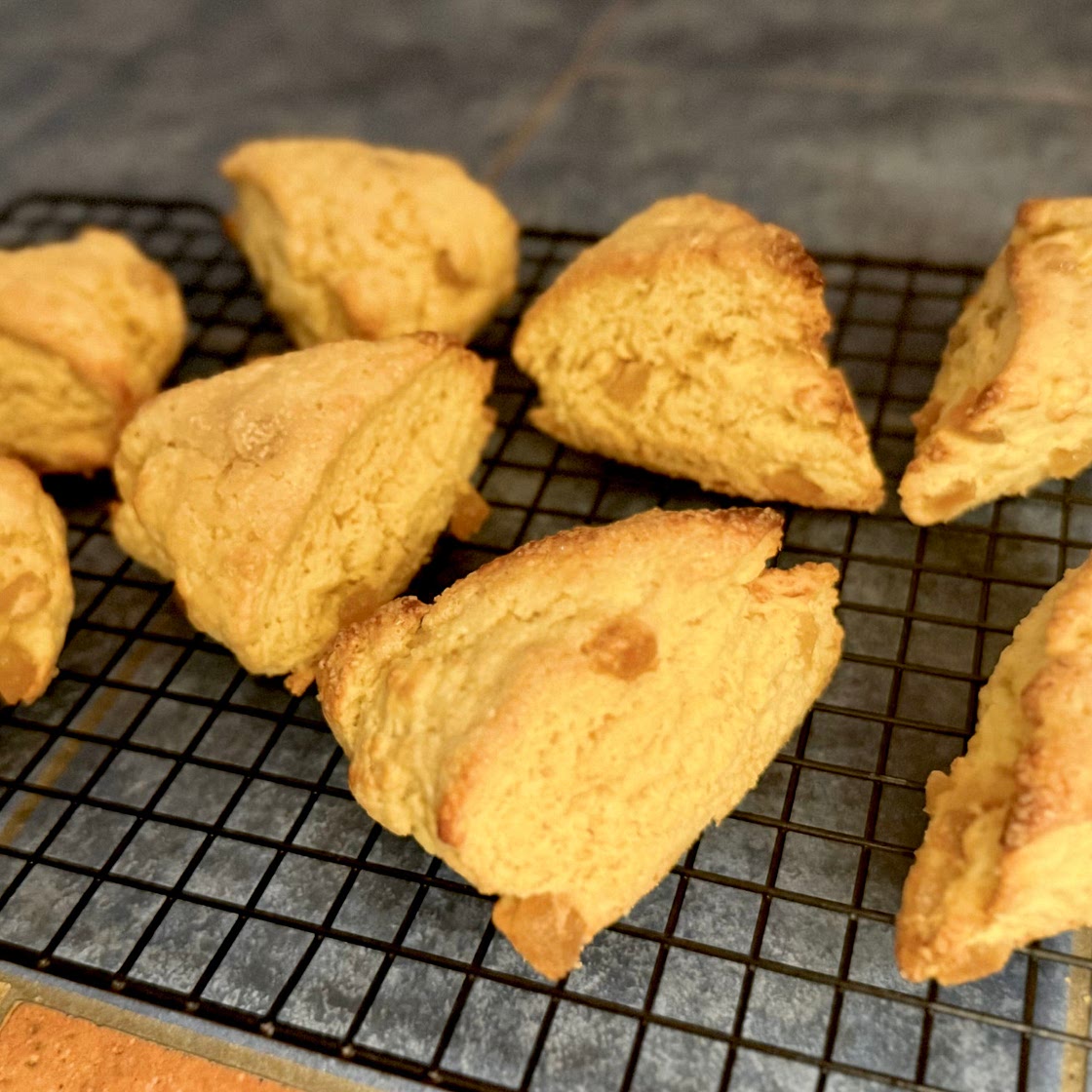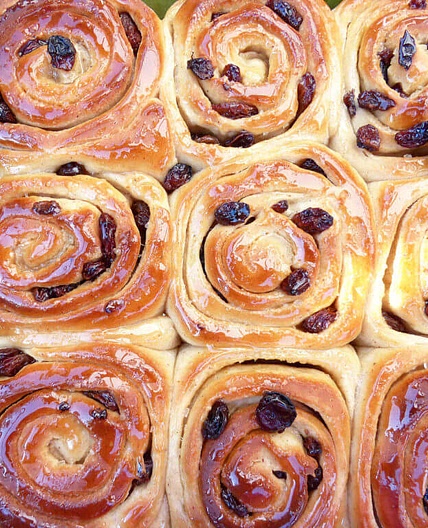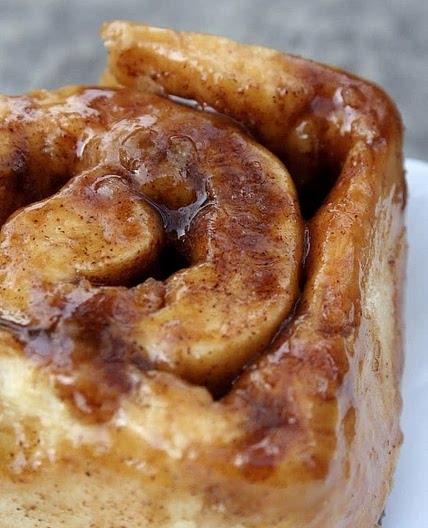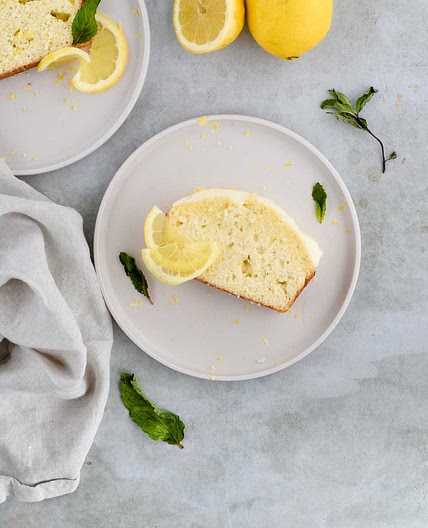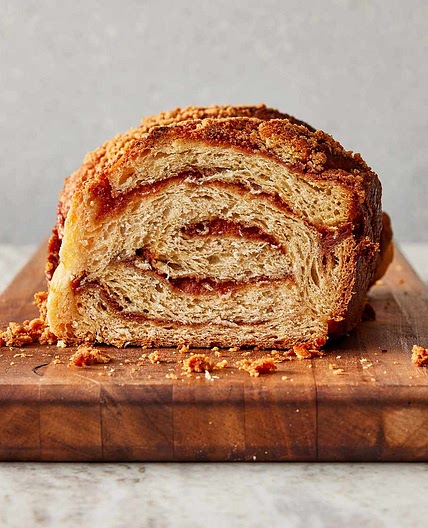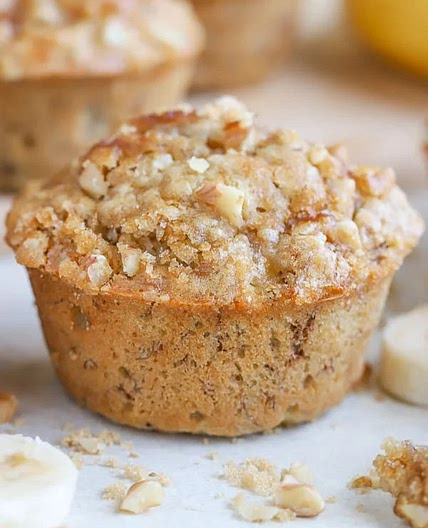By Brian Scott
Newman Welsh Scones
12 steps
Prep:30minCook:15min
These flaky buttery scones are a hit with friends and neighbours. One reviewer claimed they were the best he’d ever eaten; he loved the crunchy top with just the right amount of sweetness.
This scone recipe has been adapted from my wife’s granny’s recipe by simplifying it, converting most ingredients to grams and using a stand mixer to do most of the work. It is quick, easy and excellent texture and taste. I use the paddle tool after all the ingredients are added and process just until most of the dry ingredients are incorporated. The dump the bowl onto a lightly floured counter and knead gently just until the dough is relatively smooth and all the dry ingredients are incorporated.
If a stand mixer is not available, hand mixing and kneading are certainly an option. If hand kneading, cold ingredients become even more critical to ensure that the butter remains layered and not completely mixed into the flour. I’ve sometimes prepped all but the egg/milk elements and stored the bowl overnight in the freezer. This makes for a very quick finishing process in the morning to produce lovely warm scones for breakfast with little fuss. When prepping by hand, mix until all the ingredients are well combined, then knead until the mixture comes together. Do not overknead.
Updated at: Fri, 31 Oct 2025 19:43:49 GMT
Nutrition balance score
Unbalanced
Glycemic Index
70
High
Glycemic Load
31
High
Nutrition per serving
Calories284.1 kcal (14%)
Total Fat9.3 g (13%)
Carbs44.7 g (17%)
Sugars14.3 g (16%)
Protein6.2 g (12%)
Sodium499.6 mg (25%)
Fiber1.4 g (5%)
% Daily Values based on a 2,000 calorie diet
Ingredients
8 servings
300gAP flour
50gCane sugar
1 tspSalt
I use sea salt
1 TblBaking Powder
75gButter
2Eggs
large
75gMilk kefir
added to egg mixture to bring total liquid, eggs & kefir, together to 175 g, Alternatively buttermilk or regular can also be used
75gRaisins
alternatively use candied ginger cut into small raisins sized cubes
Topping
Instructions
Step 1
Preheat oven to 425 F 220 C
Step 2
Place flour, sugar, salt and baking powder in stand mixer bowl and mix until well combined
Step 3
Using a course grater, grate the frozen butter into the flour mixture, occasionally stirring the grated butter into the flour to prevent clumping. Optionally, place the bowl with the flour mixture in the freezer/fridge for about 10 minutes to chill (especially helpful on warm summer days). Once the butter has all been added, stir to distribute evenly.
Step 4
Crack eggs into a small bowl and using a scale, add sufficient milk kefir to bring total mixture up to 175g. Beat until well mixed.
Step 5
Lock mixing bowl onto stand mixer and attach the mixing paddle. Start on low setting and add the raisins and mix until well distributed.
Step 6
Add the egg/kefir mixture and mix until the dough has mostly formed into a ball and there is little if any dry material on the bottom of the bowl. Do not overmix.
Step 7
Dump mixture onto a clean lightly floured dry surface. Gather the mixture together into a ball, flatten until roughly 1 1/2” (4 cm) thick and using your hands, fold and press the top third of the circle into the middle and flatten, rotate the piece and repeat. Continue this gentle fold and knead process until the dough stays mostly together when pressed down. Some cracking is expected as you do not want to over knead. If the dough starts to stick to the surface during kneading, sprinkle a bit of flour underneath.
Step 8
Form the dough into a disk that is roughly 6 1/2” (17 cm) in diameter and 1” (2.5 cm) thick. I do this by pressing down on the ball of dough with one hand to form the circle, while cupping the edge with the other hand to prevent cracking and to keep the edge even and roughly square. Keep rotating and pressing down until the desired disk size has been created.
Step 9
Pour a teaspoon or so of milk kefir onto the disk and using a brush, (I use a silicone one), distribute the milk evenly across the entire surface.
Step 10
Sprinkle some course sugar onto the entire wetted surface. I generally use about about a tablespoon or less.
Step 11
Using a bench scraper (or large knife), cut the disk into 8 equal sized wedges. Place wedges on parchment or a silicone baking mat on a cookie sheet, distributing with about 1 1/2” (3.7cm) of space between and bake in oven for 15 minutes or until the edges start to brown. The scones should have roughly doubled in height.
Step 12
Remove from oven and place on a cooling rack. Enjoy!
Notes
0 liked
0 disliked
There are no notes yet. Be the first to share your experience!
